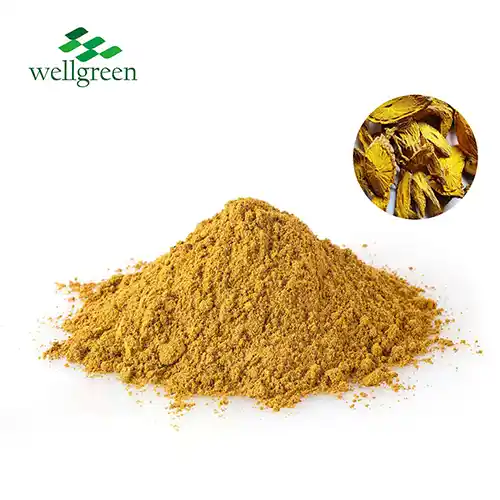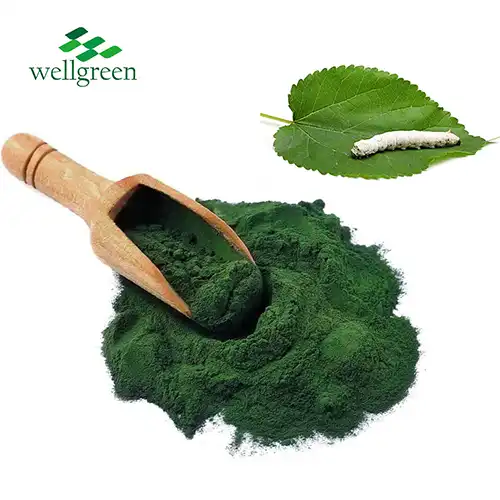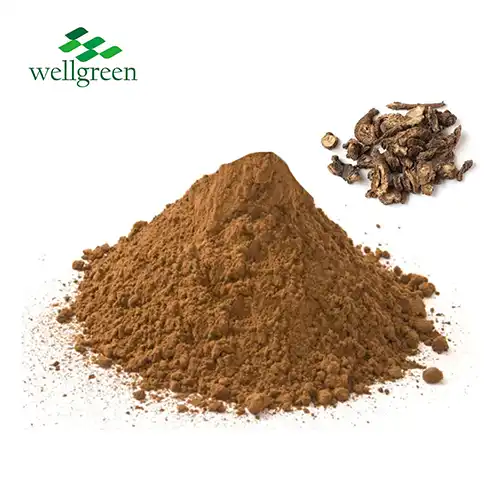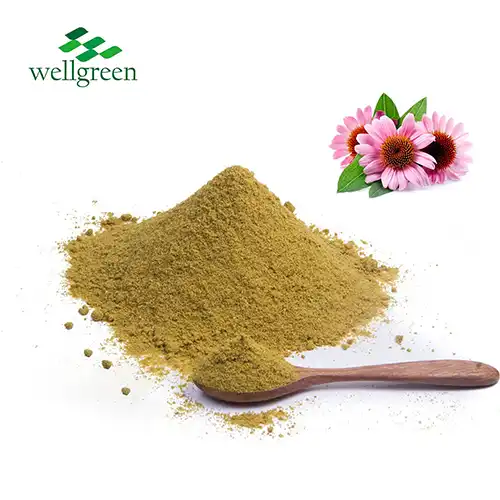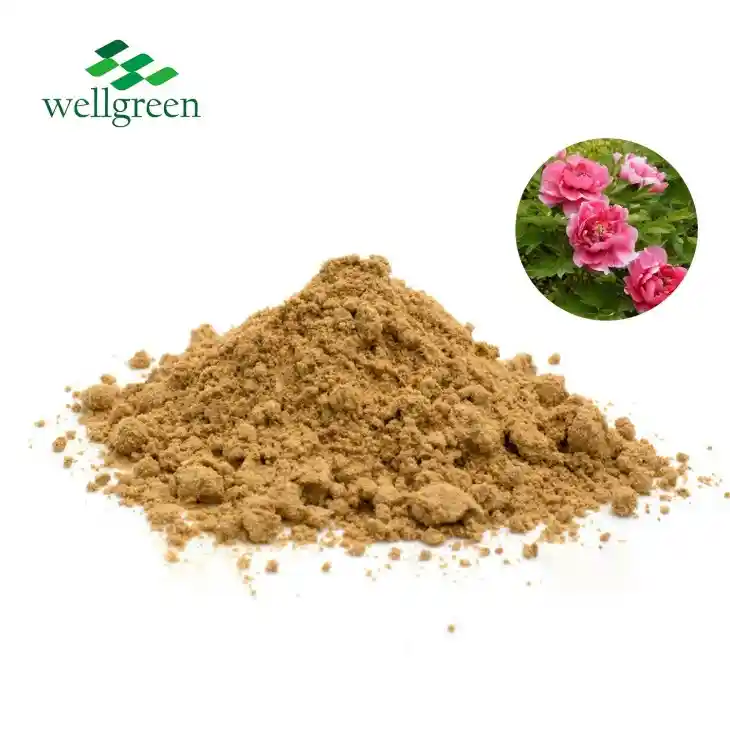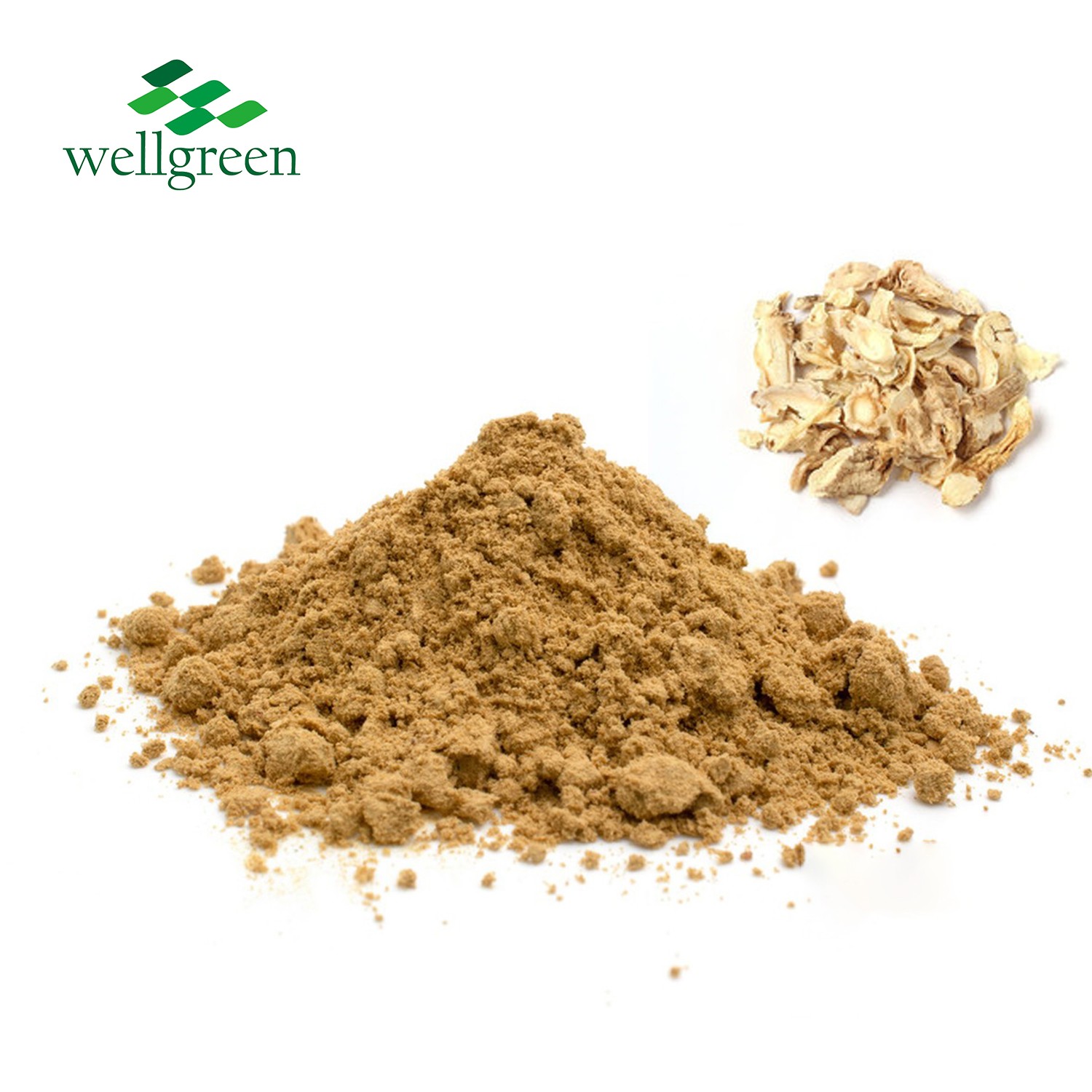What Is Morinda Good For?
2024-02-21 10:30:20
Morinda is a genus of flowering plants that encompasses a diverse and intriguing array of species, contributing to both ecological ecosystems and traditional medicine.
Characteristics of Morinda:
Morinda plants are characterized by their distinctive features, including opposite leaves, tubular flowers, and fleshy fruits. The genus belongs to the family Rubiaceae, which also includes other well-known plants like coffee (Coffea) and quinine (Cinchona). One notable species within morinda is morinda citrifolia, commonly known as noni, which has gained attention for its traditional uses and potential health benefits.
 Distribution:
Distribution:
Morinda species are distributed in tropical and subtropical regions around the world. They thrive in diverse ecosystems, ranging from rainforests to coastal areas. The adaptability of morinda officinalis extract to different climates and soil conditions contributes to their widespread presence in regions such as Southeast Asia, the Pacific islands, Africa,
and the Caribbean.
Traditional Uses:
Morinda plants, especially morinda citrifolia (noni), have a long history of traditional uses in various cultures. Noni has been utilized for its medicinal properties, with different parts of the plant, including leaves, fruits, and roots, being employed for different purposes. Traditional uses of noni include treating wounds, inflammation, infections, and a range of ailments. Additionally, noni has been incorporated into traditional medicine systems for its potential to support overall well-being.
Morinda, with its rich diversity and traditional uses, continues to captivate the interest of researchers, herbalists, and conservationists alike. The genus exemplifies the intricate relationship between plants and human cultures, offering a wealth of knowledge that extends from traditional healing practices to modern scientific exploration. As our understanding of morinda officinalis extract deepens, it opens new avenues for sustainable use, healthcare applications, and biodiversity conservation.
What does the supplement Morinda do?
Morinda supplements, derived from the tropical plant morinda citrifolia, have gained attention in the health and wellness sphere due to their potential therapeutic properties. Commonly known as Noni, this plant has a rich history of traditional use in various cultures for its reported health benefits.
Potential Health Benefits:
 1. Antioxidant Properties:One of the key attributes of morinda officinalis root extract is its high antioxidant content. Antioxidants play a crucial role in neutralizing free radicals, which are reactive molecules that can lead to cellular damage and contribute to various health issues. The antioxidants in Morinda may help combat oxidative stress, supporting overall cellular health.
1. Antioxidant Properties:One of the key attributes of morinda officinalis root extract is its high antioxidant content. Antioxidants play a crucial role in neutralizing free radicals, which are reactive molecules that can lead to cellular damage and contribute to various health issues. The antioxidants in Morinda may help combat oxidative stress, supporting overall cellular health.
2. Immune System Support:Morinda supplements have been studied for their potential to modulate the immune system. Some research suggests that certain compounds present in morinda may enhance immune function, potentially aiding the body in its defense against infections and diseases.
3. Anti-Inflammatory Effects:Inflammation is a natural response in the body, but chronic inflammation is associated with various health conditions. Morinda has been investigated for its anti-inflammatory properties, with studies suggesting that it may help reduce inflammation. This could have implications for conditions where inflammation plays a role.
4. Cardiovascular Health:Preliminary research indicates that morinda supplements may have cardiovascular benefits. Some studies suggest that morinda consumption could contribute to lowering blood pressure, reducing cholesterol levels, and promoting overall heart health. These potential effects may be attributed to the presence of specific bioactive compounds in morinda.
5. Pain Relief:Traditional uses of morinda include its application for pain relief. While more research is needed, some studies suggest that morinda may possess analgesic properties, potentially offering relief from various types of pain.
Morinda supplements, derived from the fruit of morinda citrifolia, offer a wealth of potential health benefits attributed to their unique nutritional composition and bioactive compounds. From antioxidant and anti-inflammatory effects to potential immune system support and cardiovascular health benefits, morinda officinalis root extract has captured the interest of researchers and health enthusiasts alike.
Despite the promising findings, it is essential to approach morinda supplements with caution and consult with healthcare professionals before incorporating them into a routine, especially for individuals with pre-existing medical conditions or those taking medications. Further research is needed to establish the full spectrum of morinda's effects and determine optimal dosage and usage guidelines for maximizing its potential benefits.
Is noni the same as Morinda?
Noni and morinda are terminologies often used interchangeably, leading to confusion regarding their relationship. It is essential to clarify that while the term "Noni" commonly refers to a specific tropical fruit with potential health benefits, "Morinda" is a broader classification encompassing a genus of flowering plants.
Noni, scientifically known as morinda citrifolia, is a tropical fruit native to Southeast Asia and the Pacific islands. It has garnered attention for its reported medicinal properties and traditional uses in various cultures. The fruit is characterized by its knobby appearance, green color when unripe, and distinct odor. Noni has a long history of traditional use, with its juice, leaves, and roots being employed for their potential health benefits. Noni has been associated with a range of health benefits, although the scientific evidence supporting some of these claims is still evolving. Commonly attributed benefits include antioxidant properties, immune system support, anti-inflammatory effects, and potential cardiovascular health advantages. The fruit's nutritional profile, featuring vitamins, minerals, and bioactive compounds, contributes to its perceived therapeutic value.
On the other hand, morinda is a genus within the Rubiaceae family, which encompasses a diverse array of flowering plants. While Noni (Morinda citrifolia) is a notable member of this genus, it is crucial to recognize that not all morinda species produce the distinctive fruit associated with Noni. Beyond Noni, other species within the morinda genus may have different morphologies, growth habits, and applications. Some members of the genus have been used in traditional medicine, while others are valued for timber or ornamental purposes.
In conclusion, Noni and morinda are related but distinct entities. Noni, scientifically identified as morinda citrifolia, represents a specific tropical fruit known for its potential health benefits. Morinda, on the other hand, is a broader genus encompassing various flowering plants, with Noni being just one member among many. Understanding this distinction is crucial to avoiding misconceptions and ensuring accurate communication about these botanical terms.
As research continues to explore the properties and applications of Noni and other morinda species, it is essential to approach their uses with a balanced perspective, considering both traditional knowledge and evolving scientific evidence.
Contact Us
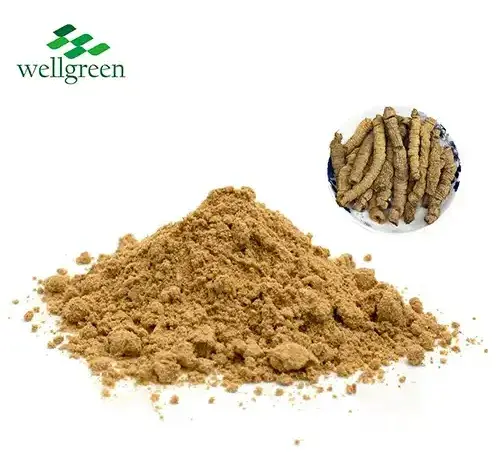 WELLGREEN is an innovation-driven manufacturer of herbal extracts since 2011 certified by ISO9001:2015, ISO22000, HALAL, KOSHER, HACCP, and Organic Certificate. If you need morinda officinalis extract, please contact us immediately, E-mail:wgt@allwellcn.com We can supply customized service as per your request.
WELLGREEN is an innovation-driven manufacturer of herbal extracts since 2011 certified by ISO9001:2015, ISO22000, HALAL, KOSHER, HACCP, and Organic Certificate. If you need morinda officinalis extract, please contact us immediately, E-mail:wgt@allwellcn.com We can supply customized service as per your request.
References:
1. West, B. J., Jensen, C. J., & Westendorf, J. (2007). Noni research: An overview of active ingredients, biological activities, and potential health benefits. Annals of the New York Academy of Sciences, 1114(1), 130-134.
2. Wang, M. Y., West, B. J., Jensen, C. J., & Nowicki, D. (2002). Su, C. Morinda citrifolia (Noni): A literature review and recent advances in Noni research. Acta Pharmacologica Sinica, 23(12), 1127-1141.

